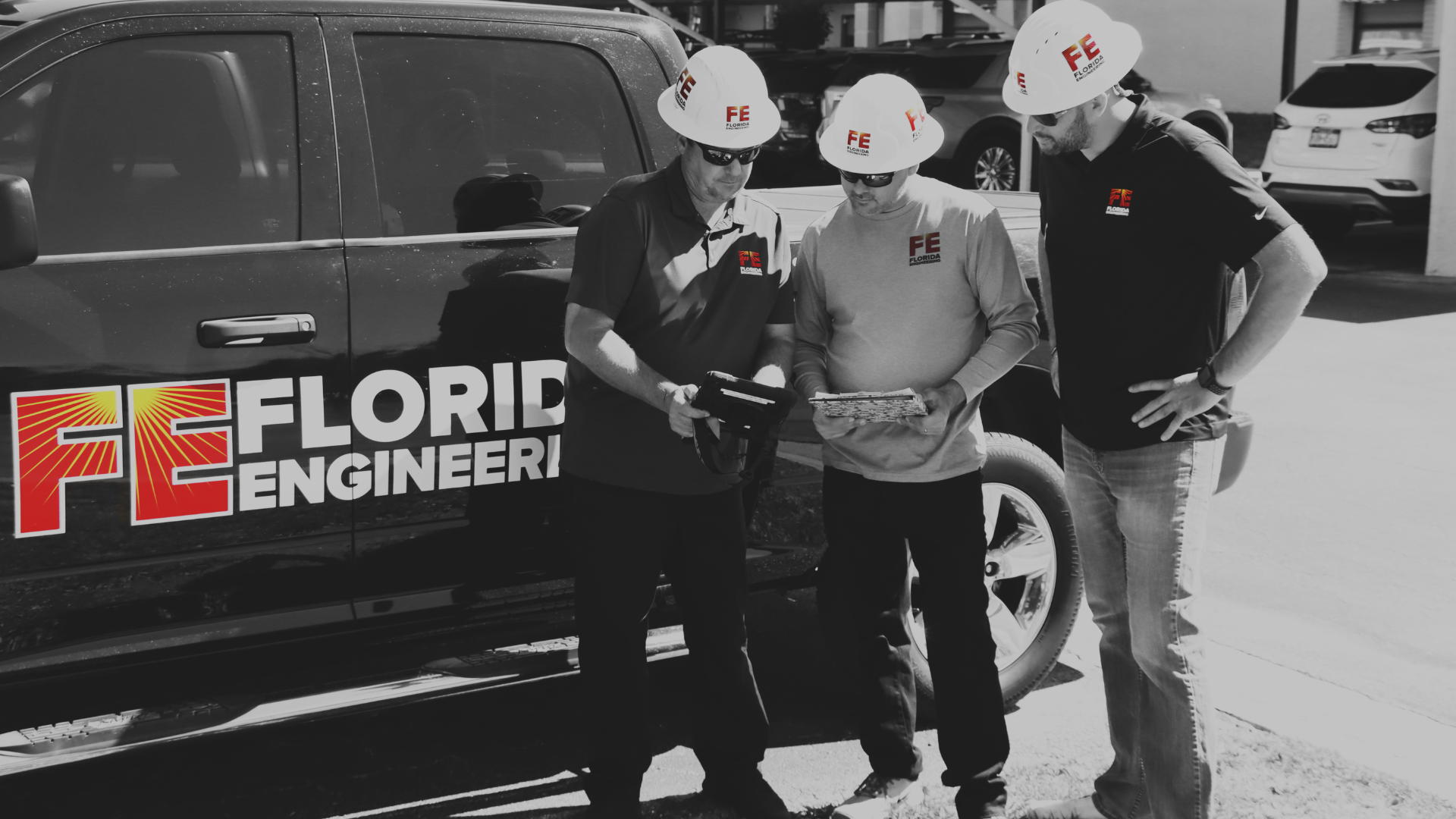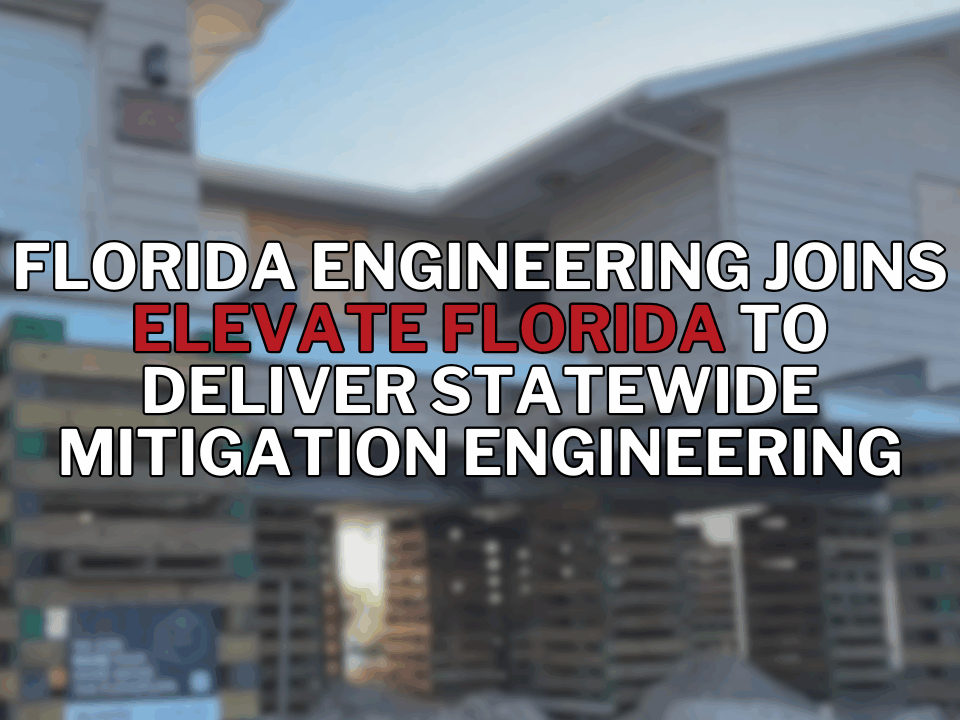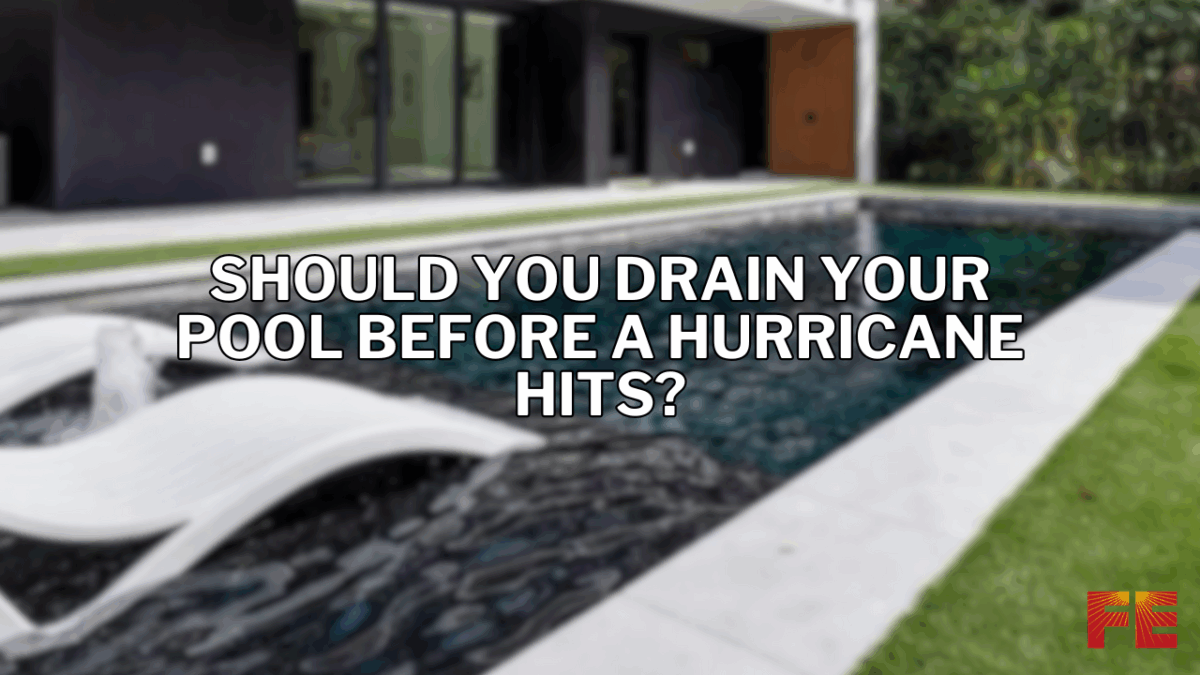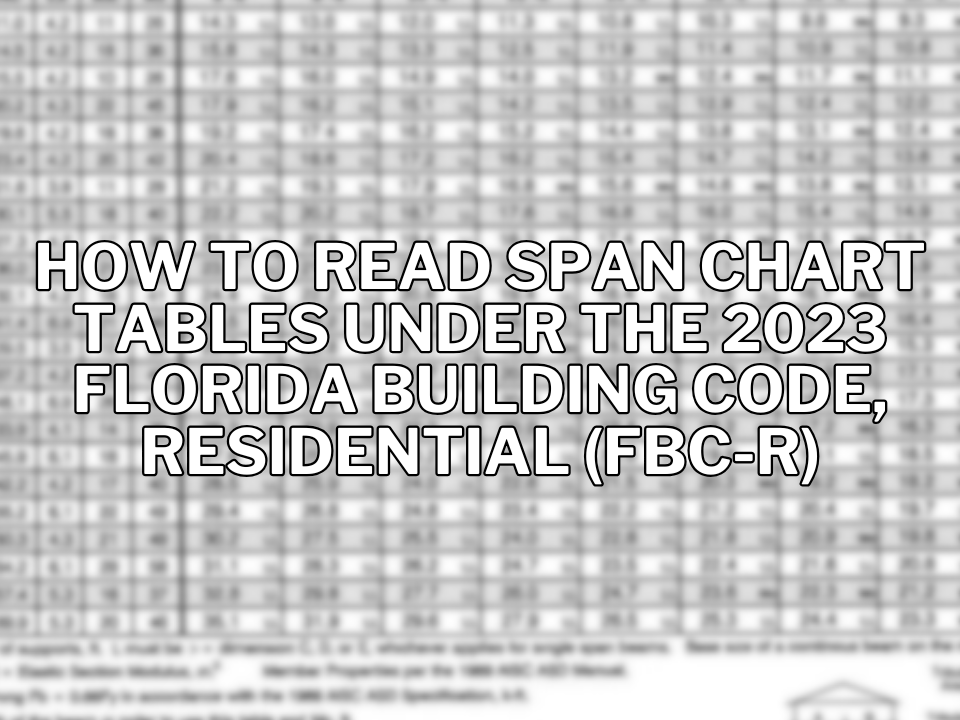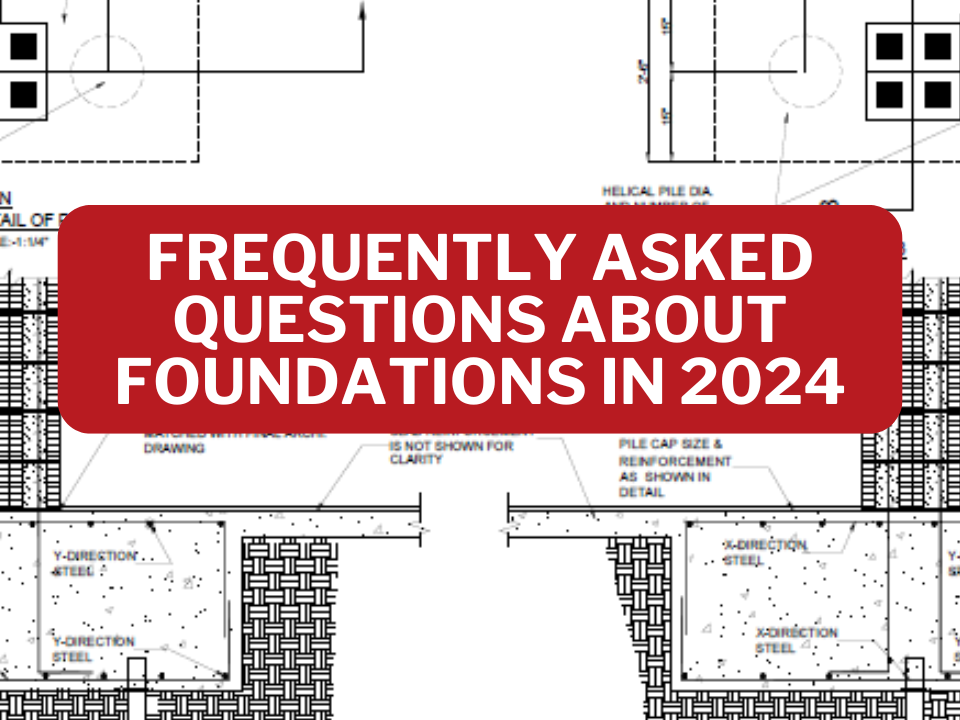When hurricane season approaches, Florida homeowners start thinking about storm shutters, backup generators, and—yes—the pool. One common question is whether draining your pool will protect it during a hurricane. The short answer: No, you should not completely drain your pool. In fact, doing so could cause more damage than the storm itself. Here’s why.
Why Completely Draining Your Pool Can Be Dangerous
1. Structural Risk – Pools Can “Pop” Out of the Ground
Florida’s high water table means that the ground beneath your pool is often saturated. If a storm dumps heavy rain and you’ve removed the water, groundwater pressure can push your empty pool upward, cracking or shifting it beyond repair.
Think of your pool as a boat in a flooded backyard—it will want to float if it’s not held down by water.
2. Loss of Protective Weight
Your pool water acts as a stabilizing force against wind-driven debris. Without it, tiles, coping, and even the deck are more vulnerable to damage.
3. Saltwater & Chlorine Imbalance After the Storm
After a hurricane, your pool will likely be filled with stormwater, leaves, and possibly seawater if you’re near the coast. Having water in the pool before the storm helps dilute incoming contaminants, making cleanup easier.
What You Should Do Instead
✅ Lower Water Level—But Only Slightly
It’s smart to reduce the water by 1–2 feet to prevent overflow from heavy rain. Do not go deeper than that. Leave most of the water in place to protect the structure.
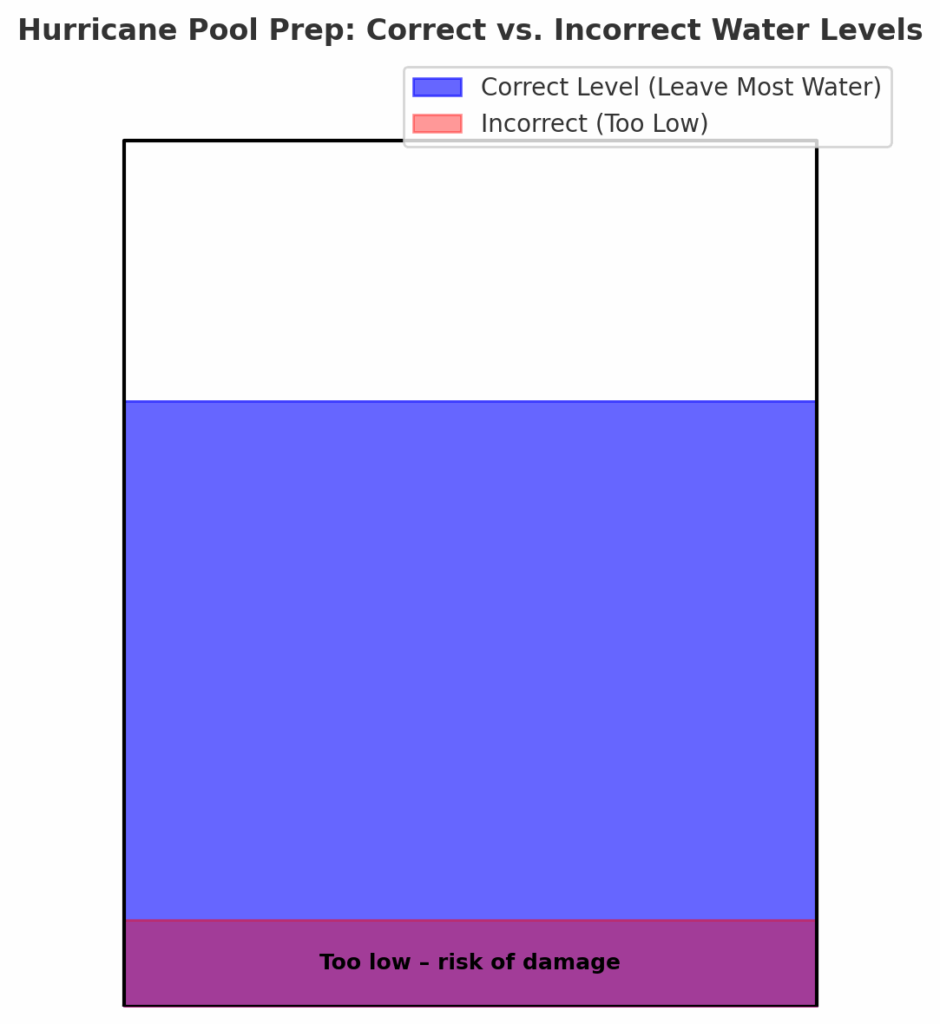
✅ Turn Off Power and Protect Equipment
- Shut off electricity to pool pumps and heaters at the breaker.
- If possible, wrap motors and electronics in waterproof covers.
✅ Remove Loose Items
Deck furniture, skimmers, toys, and even ladders can become dangerous projectiles in high winds.
✅ Balance the Chemicals Before the Storm
A shock treatment with chlorine can help sanitize the pool and control algae growth during the days after the storm when pumps may be offline.
Post-Hurricane Pool Recovery
Once the storm passes:
- Remove large debris by hand or with a net.
- Test and rebalance chemicals.
- Inspect pumps, filters, and wiring for damage before restoring power.
- Run the filtration system continuously for at least 24 hours once safe.
Expert Tip for Coastal Homes
If you live within 3 miles of the coastline, your pool water is more likely to be contaminated by storm surge. While you should still keep water in the pool before the storm, be prepared for a full drain and refill after the hurricane if saltwater intrusion occurs.
Bottom Line:
Never fully drain your pool before a hurricane. Keep it mostly full, lower it slightly to allow for rainfall, and protect your equipment. The water is your pool’s best defense against the storm.
At Florida Engineering LLC, our pool engineering division specializes in all structural and hydraulic calculations required to ensure the safety and code‐compliance of your construction. Needing a quote for your swimming pool engineering? Visit Contact – Florida Engineering LLC for a free quote.

